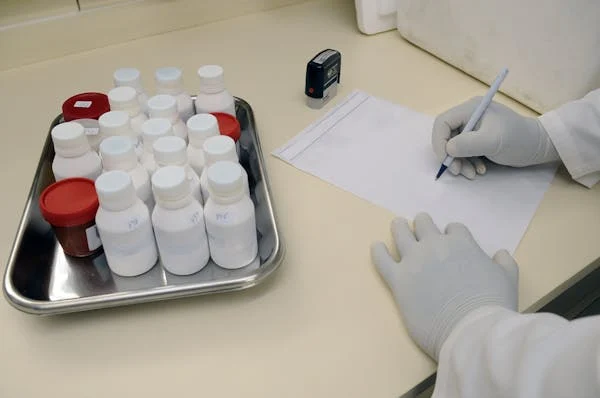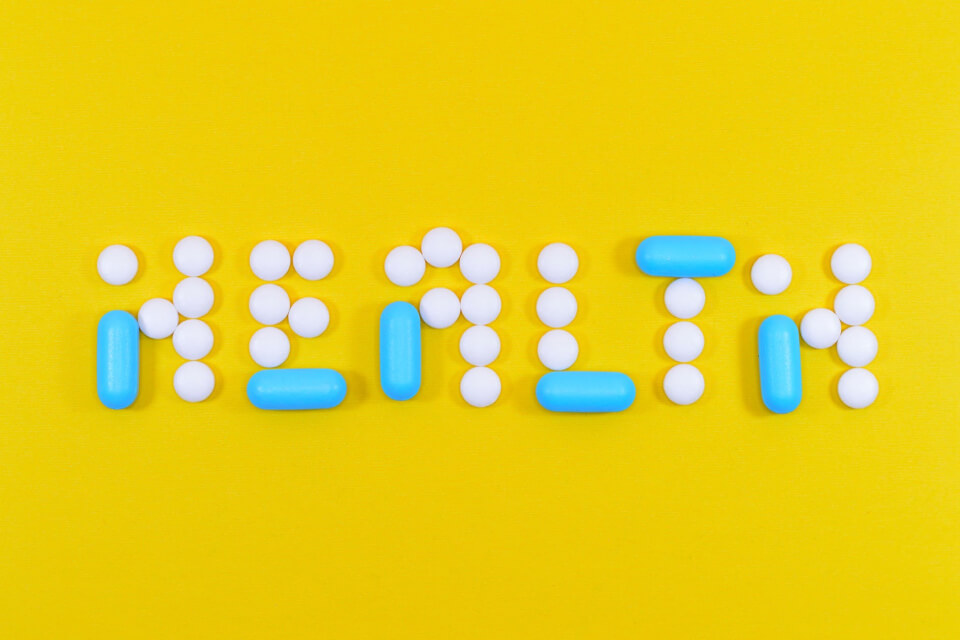Endocrine Disrupting Chemicals: How Everyday Products Are Harming Fertility and Health.
I didn’t really think about chemicals until a friend of mine told me she had to stop using her favorite face cream. I asked her why, and she said it was messing with her hormones. I laughed at first because it sounded strange — how can a cream mess with your hormones?
But then I looked into it. I mean, really looked. And what I found kind of freaked me out.
Turns out, there are things called endocrine disrupting chemicals — or EDCs. And they’re in a lot of the stuff we use every day. We’re talking soaps, plastic bottles, makeup, even receipts. And yeah, they really can mess with your hormones. That includes your mood, your energy, and even your chances of having a baby.
It’s scary, but it’s something we all need to know about.
So what exactly are these chemicals?
Think of your body like a machine that runs on little chemical messages called hormones. These messages help everything run smoothly — from your sleep to your stress, from your weight to your periods. Hormones are tiny, but powerful.
Now imagine something sneaking in and messing up those messages. That’s what these chemicals do. They act like fake hormones. They confuse your body. And sometimes they shut things down completely.
Where are they hiding?
Honestly? They’re all over the place.
- That plastic container you use to reheat your food in the microwave?
- That sweet-smelling body wash you love?
- That scented candle on your table?
- Even that lipstick you carry in your bag?
All of it can have EDCs. Not always. But a lot of the time.
One of the worst is something called BPA. It’s in plastic. It gets into your food and drinks. Another common one is phthalates — they’re in perfumes and soaps. Parabens too. Those are in cosmetics and lotions.
We think of these products as safe because they’re sold in stores. But the truth is, some of them aren’t so safe long-term. The effects build up slowly. You don’t notice right away. But your body does.
How do these chemicals affect us?
This part makes me angry, honestly. Because it’s not just a small thing. These chemicals are linked to some serious stuff.
1. Trouble getting pregnant
More and more people are struggling with fertility. Doctors don’t always know why. But studies are showing a link between EDCs and fertility problems. They can lower sperm count in men. They can throw off ovulation in women. They make it harder to conceive.
2. Problems during pregnancy
Even when a woman does get pregnant, these chemicals can affect the baby. They’ve been linked to low birth weight, early delivery, and developmental problems.
3. Early puberty
Kids are hitting puberty younger than ever before. And scientists think EDCs are partly to blame. These fake hormones send the wrong signals to young bodies.
4. Weight gain and metabolism
Some of these chemicals are now called “obesogens” — basically, they push your body to store more fat. So even when you’re eating okay and moving your body, it’s harder to lose weight.
5. Mood and sleep
Hormones affect everything — not just your body but your brain too. EDCs can make people feel tired, anxious, or even depressed. They can make it hard to sleep or concentrate. You just feel… off.
How do they get in your body?
They sneak in.
You breathe them in when you spray your favorite perfume.
You rub them in when you put on lotion.
You eat them when food is stored or heated in plastic.
You touch them when you handle receipts or plastic packaging.
It’s not about one big dose. It’s about tiny bits, every day, over and over. That’s what builds up.
Why is this still allowed?
That’s a good question. A frustrating one.
Part of the reason is that it takes years — sometimes decades — to prove these chemicals cause harm. Companies don’t want to pull their products unless they absolutely have to. And not all governments move quickly on these issues. Some do better than others. But there’s still a long way to go.
Another thing is that labels don’t always tell the truth. If you see the word “fragrance” on a product, that can mean dozens of hidden chemicals. They don’t have to list them. That word is like a loophole.
What can we do about it?
Look, I’m not saying you have to go throw away everything in your house. That’s overwhelming. And expensive. But there are small things — simple things — you can do right now.
Start with one product at a time.
Next time you run out of shampoo, buy one that says “fragrance free” or “phthalate-free.” Switch your plastic water bottle for a glass or metal one. Little changes, one by one.
Don’t microwave in plastic.
Heat makes plastic chemicals leak into food. Use glass or ceramic instead.
Read the labels.
Look for products that list all their ingredients. Avoid ones that just say “fragrance” or have a long list of words you can’t pronounce.
Open the windows.
Indoor air can get full of chemicals from cleaners, candles, sprays. Fresh air helps.
Wash your hands often.
Especially after handling receipts or plastic.
Look for safer brands.
There are apps like “Think Dirty” and “EWG Healthy Living” where you can scan a product and see how safe it is. Super helpful.
The point is: You can’t control everything. But you can control some things.
And every small change makes a difference. Maybe not right away. But over time, your body will thank you.
You’ll sleep better.
Your skin might clear up.
Your hormones might settle down.
You might even feel more like yourself again.
It’s not about fear. It’s about being aware. Making smart choices where you can.
You deserve to feel good in your own body. And now that you know what’s going on behind the scenes, you can start doing something about it.
Bit by bit. Day by day.
You’re in charge.



